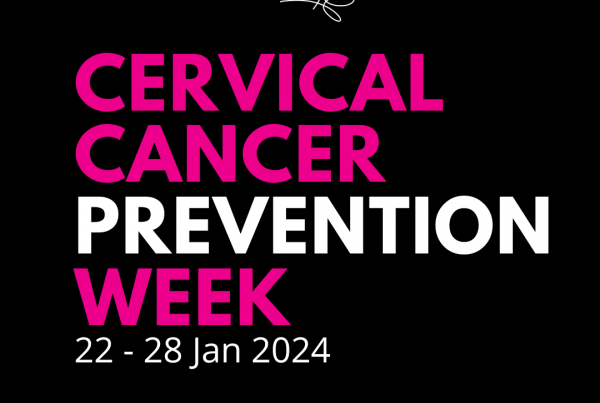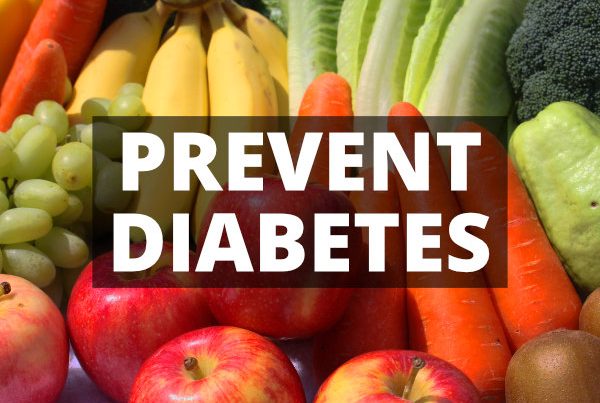Diabetes Awareness Week
Monday: What is Type 1 diabetes?
What causes Type 1 diabetes?
Type 1 diabetes is a serious, lifelong condition where your blood glucose level is too high because your body can’t make a hormone called insulin.
About 8 per cent of people with diabetes in the UK have Type 1 diabetes. It’s got nothing to do with diet or lifestyle, it just happens. We’re still not sure what causes it.
When you have Type 1 diabetes, your body attacks the cells in your pancreas that make insulin, so you can’t produce any insulin at all.
And we all need insulin to live. It does an essential job. It allows the glucose in our blood to enter our cells and fuel our bodies.
When you have Type 1 diabetes, your body still breaks down the carbohydrate from food and drink and turns it into glucose (sugar). But when the glucose enters your bloodstream, there’s no insulin to allow it into your body’s cells. More and more glucose then builds up in your bloodstream.
Signs and symptoms of Type 1 diabetes
So what does this mean? Well, before diagnosis, your body tries to get rid of the glucose through your kidneys, and that makes you wee a lot. This is one of the main symptom of diabetes.
These symptoms tend to come on quickly – over just a few days or weeks. Anyone who has these symptoms should see a doctor as soon as possible.
Managing Type 1 diabetes
If you’ve got Type 1 diabetes, you get insulin into your body by injecting it, or using an insulin pump, which delivers a constant supply into you.
You’ll also need to check your blood glucose levels are not too low or too high by using a blood glucose testing device several times a day. When you start taking insulin, you’ll begin to feel better and your blood glucose levels will go down.
This is important because over a long period of time, high glucose levels in your blood can seriously damage you heart, your eyes, your feet and your kidneys. These are known as the complications of diabetes.
But with the right treatment and care, the long-term effects of diabetes and high glucose levels can be managed.
4T Symptoms of type 1 diabetes
For more information on how to fight diabetes, visit Diabetes UK:












